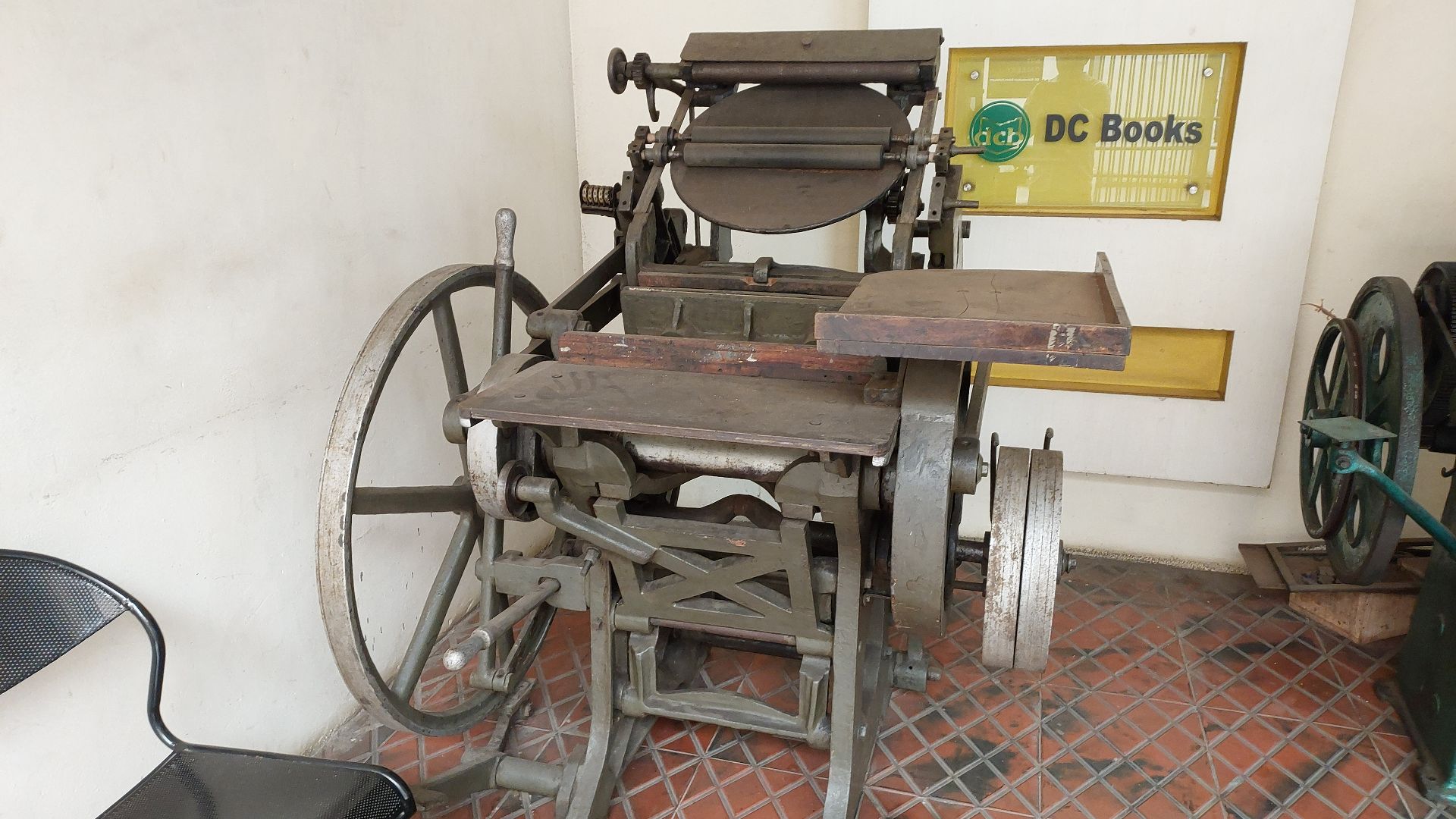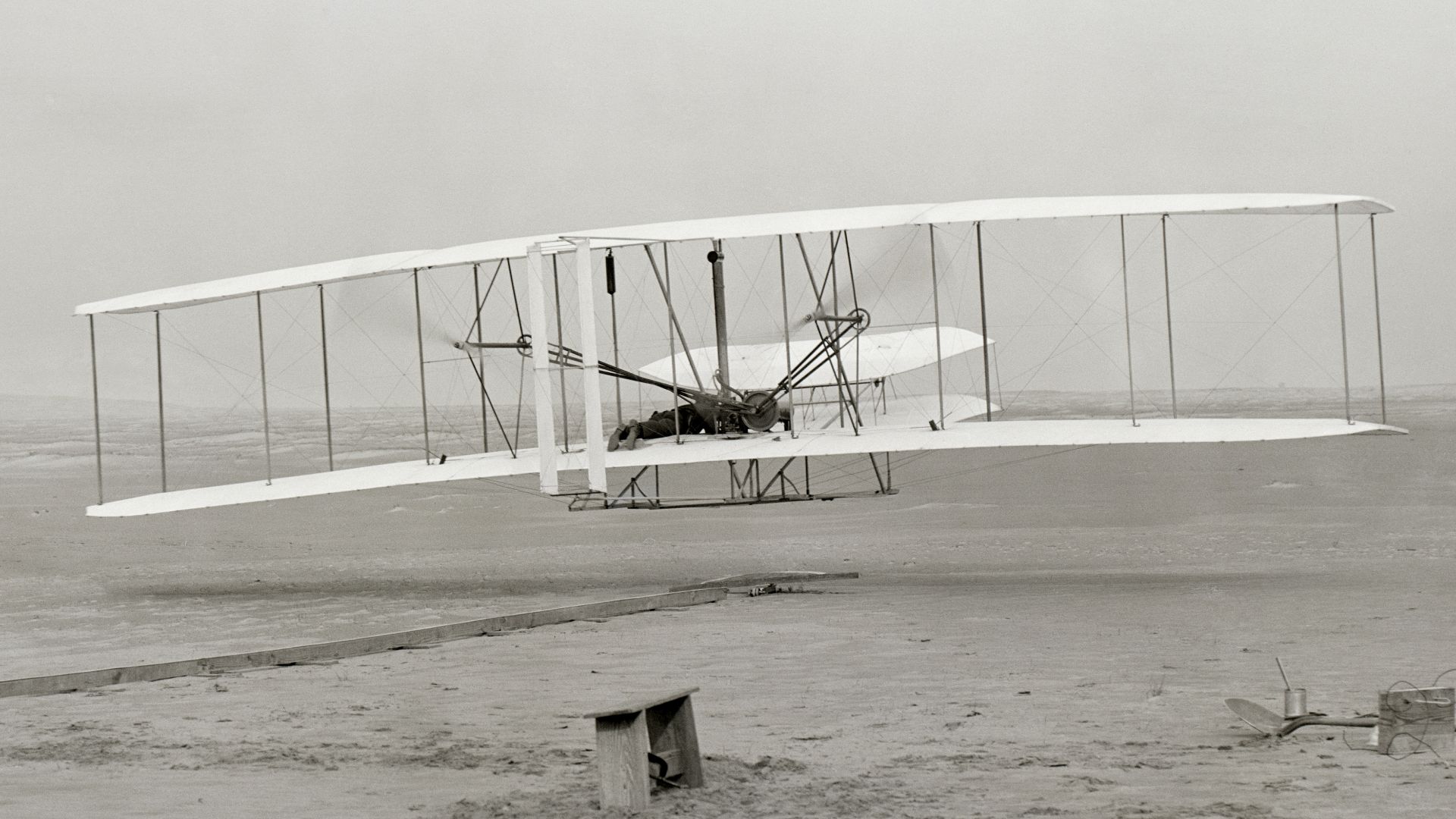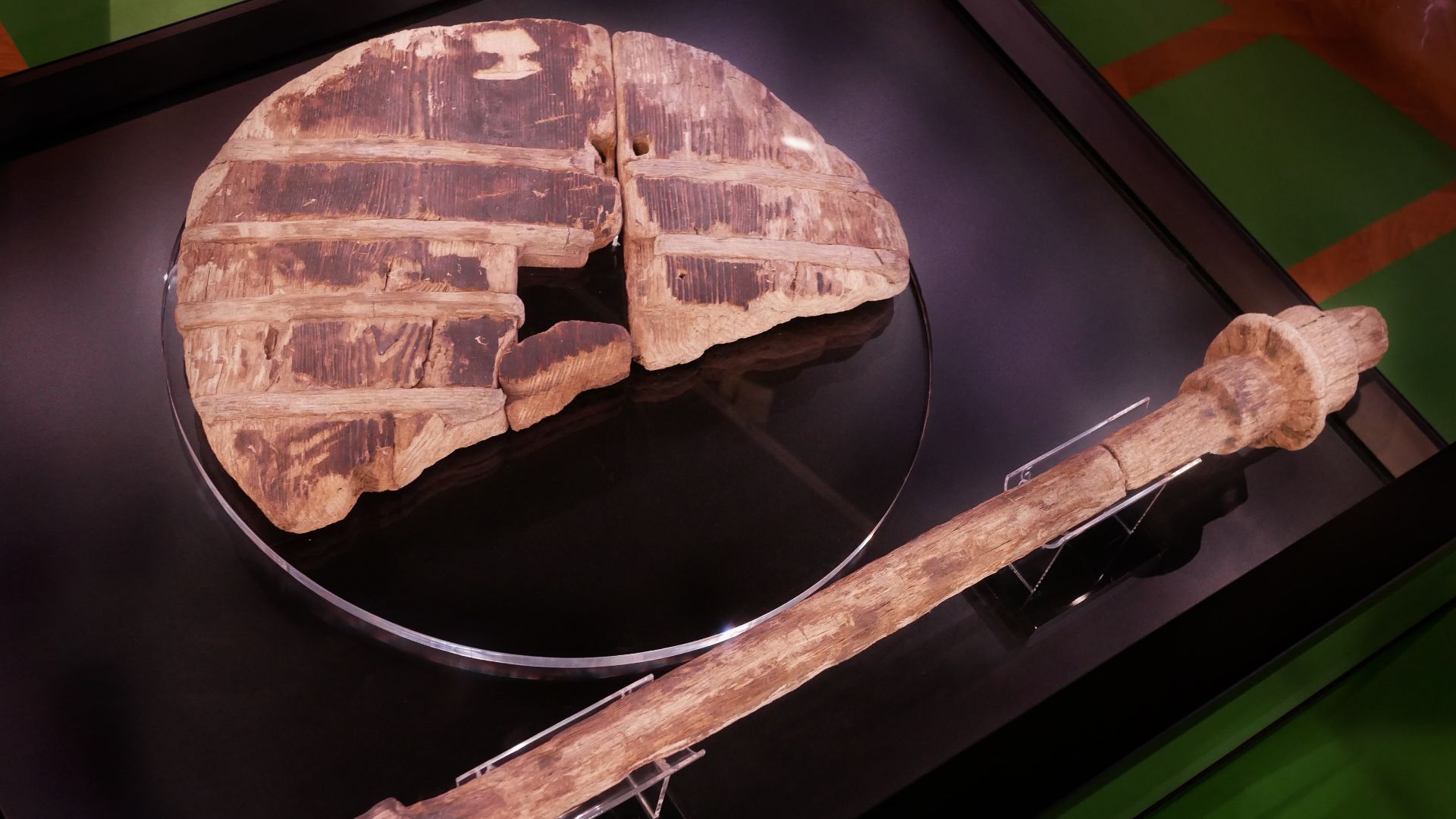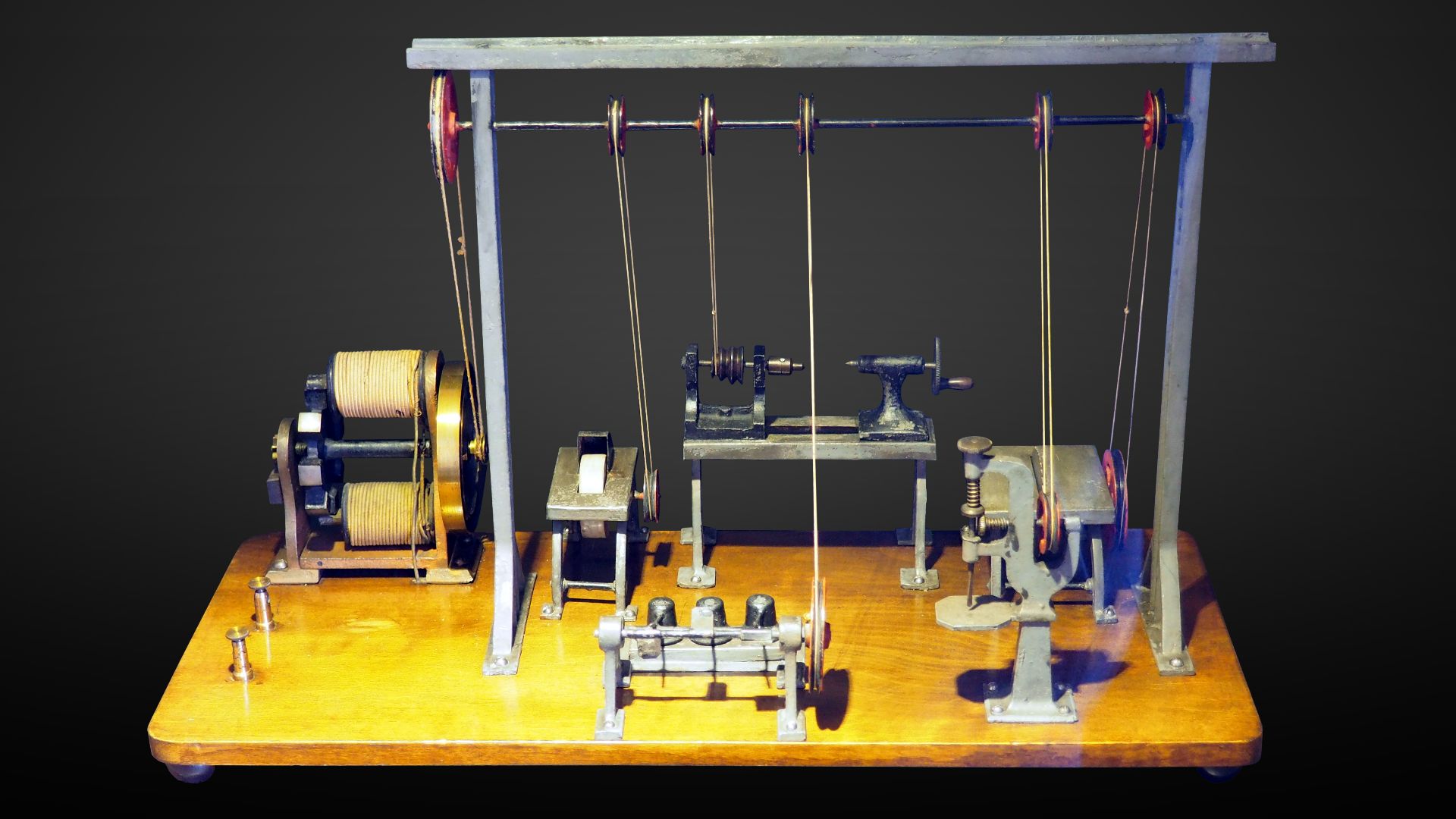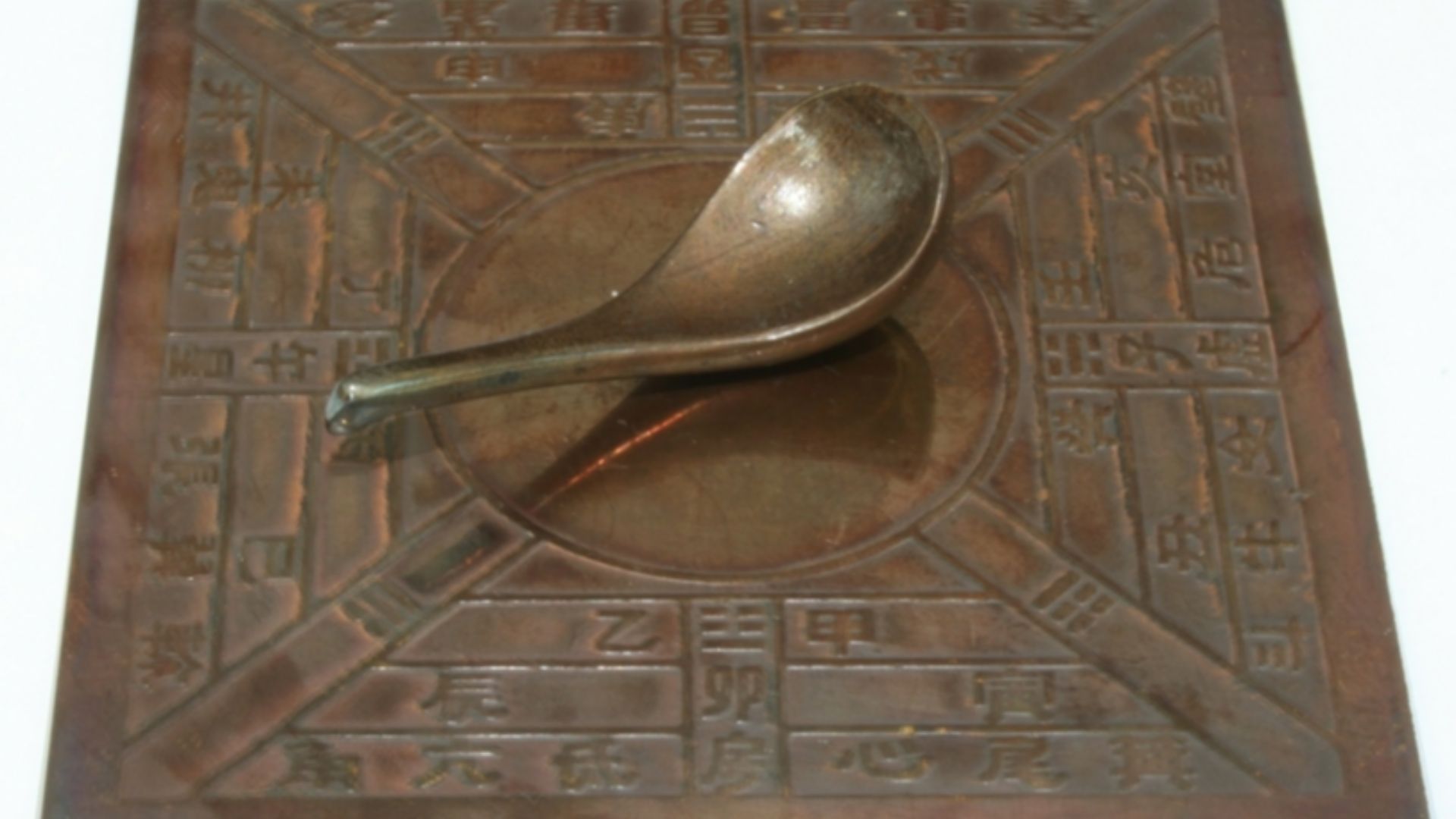World-Shaping Discoveries
Ever imagined life without the inventions that power modern existence? These milestones didn’t just improve life—they fundamentally transformed it. Let’s take a step back and explore the innovations that brought people together, saved countless lives, and reshaped the world we live in today. History is full of surprises, and these milestones are proof of how far we've come.
1. The Printing Press: Johannes Gutenberg (1440)
Books were rare before Johannes Gutenberg invented the printing press in 1440. Gutenberg's press made books widely accessible and affordable, leading to an explosion of knowledge. This invention sparked the Renaissance, fueling the spread of ideas and intellectual movements.
2. Electric Lighting And Power Distribution: Thomas Edison (1879)
Humanity lived by the flickering light of candles long before the discovery of electricity. Now, it powers everything from homes to industries. Thanks to the invention of practical electricity by Thomas Edison in 1879, life became faster and more efficient.
3. The World Wide Web: Tim Berners-Lee (1989)
Before the World Wide Web, digital communication was limited to emails and closed networks. In 1989, Tim Berners-Lee created the WWW, making information instantly accessible through a user-friendly system of web pages and links. This invention transformed global communication, business, and entertainment forever.
4. The Telephone: Alexander Graham Bell (1876)
Alexander Graham Bell’s first telephone call marked the beginning of a new era in communication. What once took weeks via letters could now be done in minutes. The telephone shrank the world and enabled businesses to thrive and personal connections to grow across vast distances.
5. The Airplane: Wright Brothers (1903)
The first successful powered flight was made by Orville and Wilbur Wright in 1903. Their airplane, the Flyer, flew for 12 seconds, covering just 120 feet. Fast forward to today, and air travel is an essential part of the global economy, with thousands of flights taking place every day.
6. Penicillin: Alexander Fleming (1928)
Imagine a world where an ordinary scratch could take a life. That was the reality before Alexander Fleming discovered penicillin in 1928. His mold-derived breakthrough turned deadly infections into manageable illnesses. As a result, he changed the course of human health.
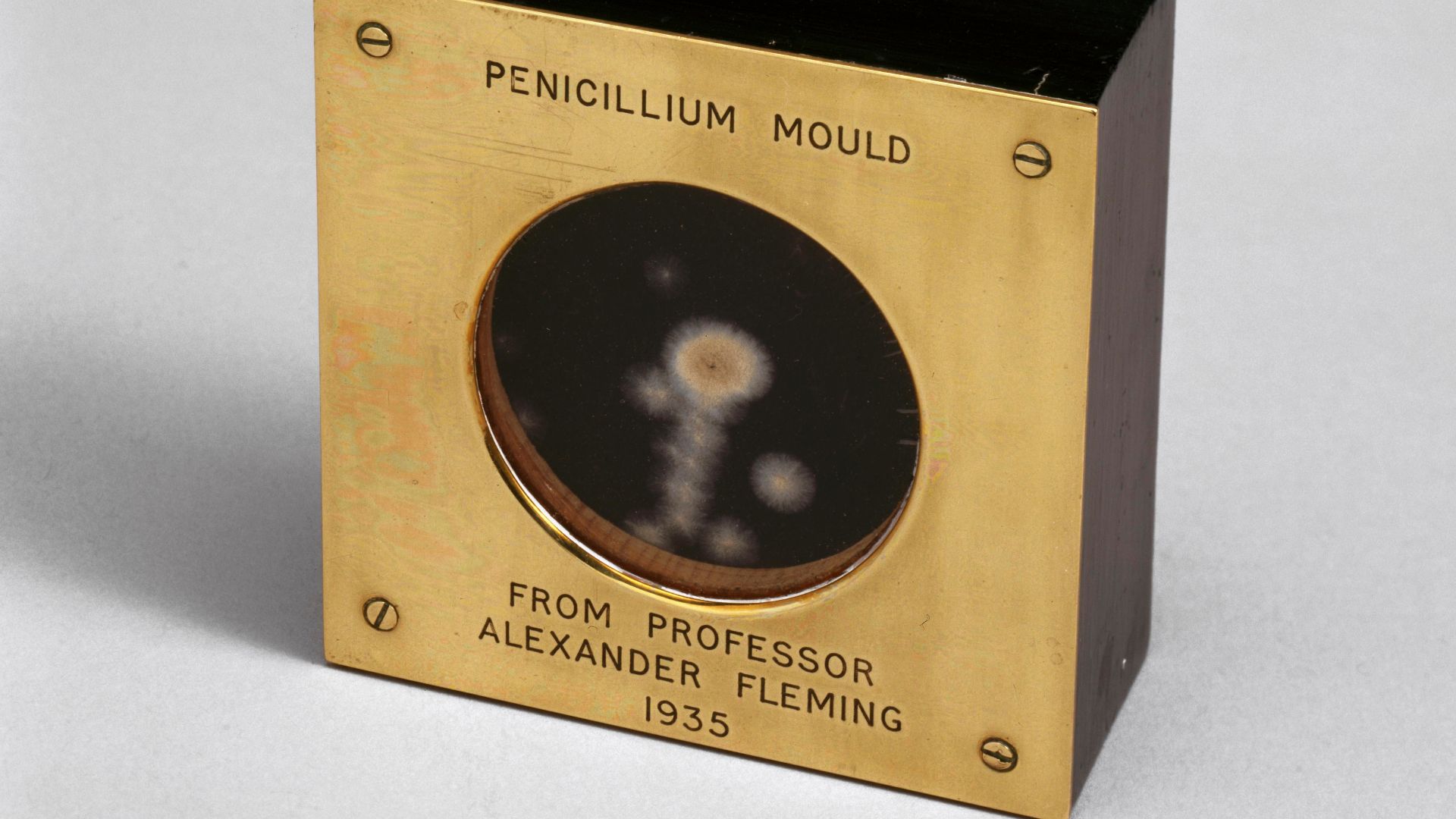 Science Museum London / Science and Society Picture Library on Wikimedia
Science Museum London / Science and Society Picture Library on Wikimedia
7. The Bullet Train: Shinkansen (1964)
With its ability to cut commute times and drive economic growth, the Shinkansen reshaped Japan’s cities. Debuting in 1964, the bullet train reached speeds of over 200 mph, changing the way people traveled by rail. Its success demonstrated the potential of fast, efficient public transportation systems worldwide.
 Nanashinodensyaku on Wikimedia
Nanashinodensyaku on Wikimedia
8. The Steam Engine: James Watt & Thomas Newcomen (1712 & 1776)
In 1776, James Watt made significant improvements to the steam engine, increasing its efficiency and practicality. While Thomas Newcomen created the first steam engine in 1712, Watt’s innovations made it suitable for widespread use. These advancements enabled steam engines to power factories, locomotives, and ships, fueling the Industrial Revolution.
9. The Computer: Charles Babbage (1837)
While Charles Babbage is often considered the "father of the computer," his 1837 invention, the Analytical Engine, was never fully realized during his lifetime. Babbage’s design, however, inspired the development of modern computers. From the massive early computers of the 1940s to today’s smartphones, computers now perform tasks that Babbage could only dream of.
 Atomic Taco from Seattle, WA, USA on Wikimedia
Atomic Taco from Seattle, WA, USA on Wikimedia
10. The Wheel: Unknown (circa 3500 BCE)
The wheel is the linchpin of transportation, construction, and even modern machinery. Invented thousands of years ago, it helped push civilization forward—from pottery to vehicles. Though it may seem simple now, without the wheel, we’d still be living in the Stone Age, quite literally stuck in place.
11. Vaccines: Edward Jenner (1796)
Vaccines have been one of the most effective tools in public health, as they have prevented the spread of diseases such as polio, smallpox, and, more recently, COVID-19. Since Edward Jenner introduced the first smallpox vaccine in 1796, immunization has saved millions of lives worldwide.
 Photo Credit: James Gathany
Content Providers(s): CDC on Wikimedia
Photo Credit: James Gathany
Content Providers(s): CDC on Wikimedia
12. The Electric Motor: Michael Faraday (1821)
Much of our modern world depends on electric motors, which power everything from appliances to electric vehicles. Their invention ushered in a new era of clean, efficient energy use. Without them, industries would have remained stagnant, and modern innovation would have been impossible.
13. The Automobile: Karl Benz (1885)
The invention of the automobile forever altered how we live and work. It reshaped cities, gave rise to suburbs, and fueled the global economy. Henry Ford’s assembly line made cars affordable for the masses, and suddenly, the open road was within reach. Personal freedom became synonymous with driving and changed societies in profound ways.
 Alonso de Mendoza on Wikimedia
Alonso de Mendoza on Wikimedia
14. The Television: John Logie Baird (1924)
The introduction of televisions in the mid-20th century revolutionized the way we access information, making it a primary source for news, documentaries, and global events. Television compressed time and space, allowing millions to witness and share moments in real time. This innovation forever changed how we connect with the world.
15. The Blockchain: Satoshi Nakamoto (2008)
Think blockchain is just for cryptocurrency? Think again. This groundbreaking technology is changing how we store and handle data. With no need for intermediaries, it offers increased transparency and security. From healthcare to banking, blockchain is shaking up industries and leading the way for a future where every transaction is built on trust.
16. Paper: Cai Lun (105 CE)
Before paper, writing was a privilege. Only a few could access it, limiting the spread of knowledge. The invention of paper turned that on its head. Suddenly, ideas could be shared, preserved, and built upon by anyone. Without it, our understanding of history, science, and culture would remain a mystery.
17. The First Mobile Phone: Martin Cooper (1973)
In 1973, Martin Cooper and his team at Motorola introduced the first handheld mobile phone. This bulky device may seem primitive by today’s standards, but it was a groundbreaking leap in wireless communication. By freeing people from landlines, it paved the way for future innovations.
18. The Compass: Chinese Inventors (2nd Century BCE–1st Century CE)
Before the compass, navigation depended on the stars, leaving sailors and explorers vulnerable to uncertainty. First developed during the Han Dynasty for geomancy and fortune-telling, the compass was adapted for navigation by around 1000 CE. This breakthrough revolutionized trade routes and exploration.
19. The Camera: Joseph Nicéphore Niépce (1826)
The first photograph was created by Joseph Nicéphore Niépce in 1826, using a process called heliography. His invention captured images on a pewter plate coated with bitumen, which required exposure to light for several hours. The invention further influenced countless technological advancements in imaging.
20. The Barcode: Norman Joseph Woodland & Bernard Silver (1952)
Ever wondered how stores keep track of millions of products so quickly? The barcode, invented in 1952, made it possible. This simple system speeds up transactions, improves inventory accuracy, and keeps global supply chains running smoothly. Across the world, barcodes are working silently behind the scenes, making life easier and more efficient.
KEEP ON READING
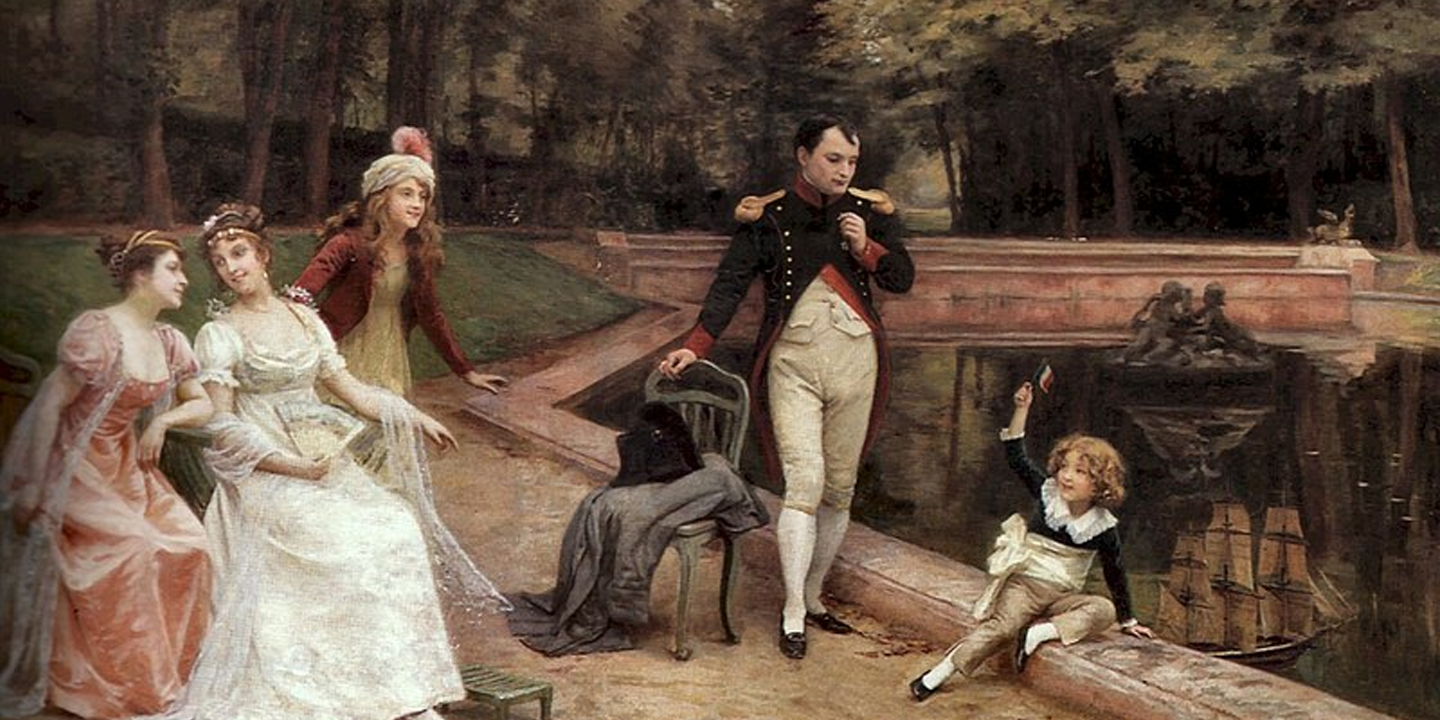
The 20 Most Recognized Historical Figures Of All Time
The Biggest Names In History. Although the Earth has been…
By Cathy Liu Oct 4, 2024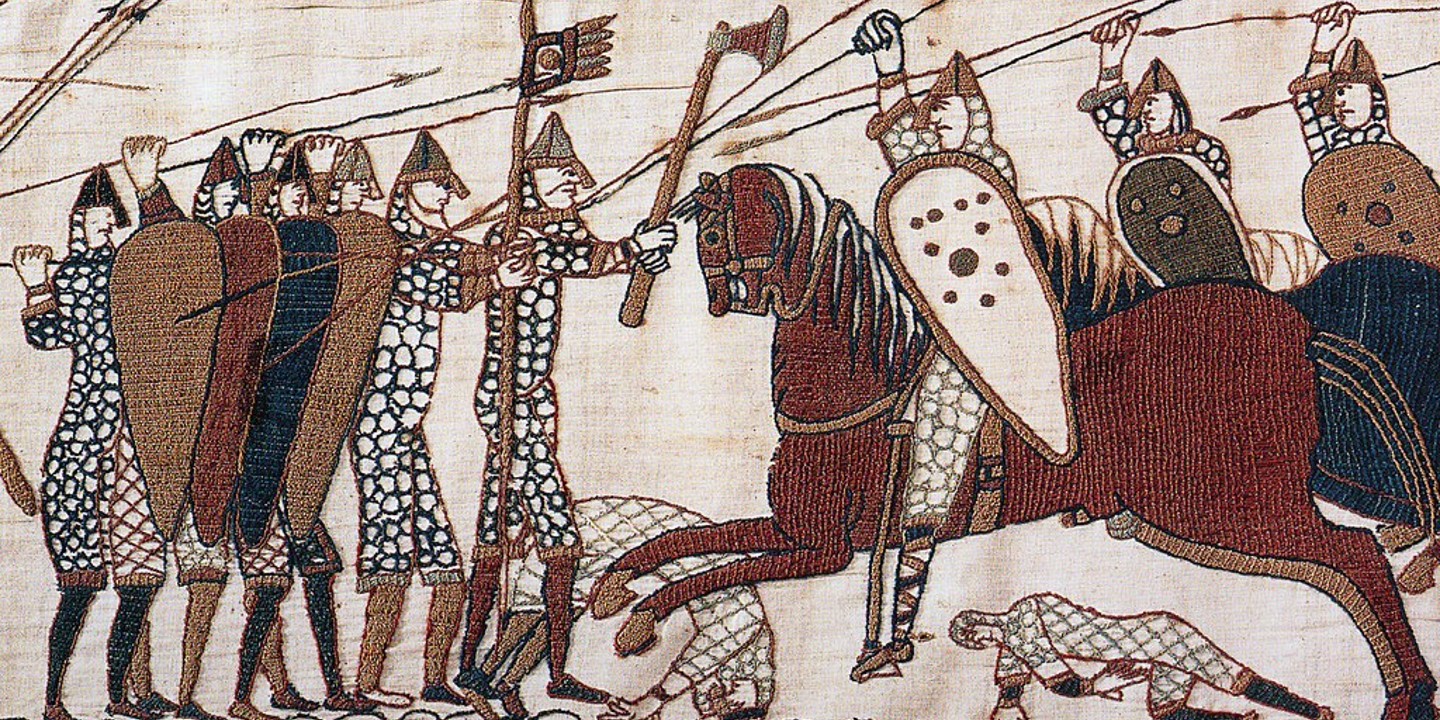
10 of the Shortest Wars in History & 10 of…
Wars: Longest and Shortest. Throughout history, wars have varied dramatically…
By Emilie Richardson-Dupuis Oct 7, 2024
10 Fascinating Facts About Ancient Greece You Can Appreciate &…
Once Upon A Time Lived Some Ancient Weirdos.... Greece is…
By Megan Wickens Oct 7, 2024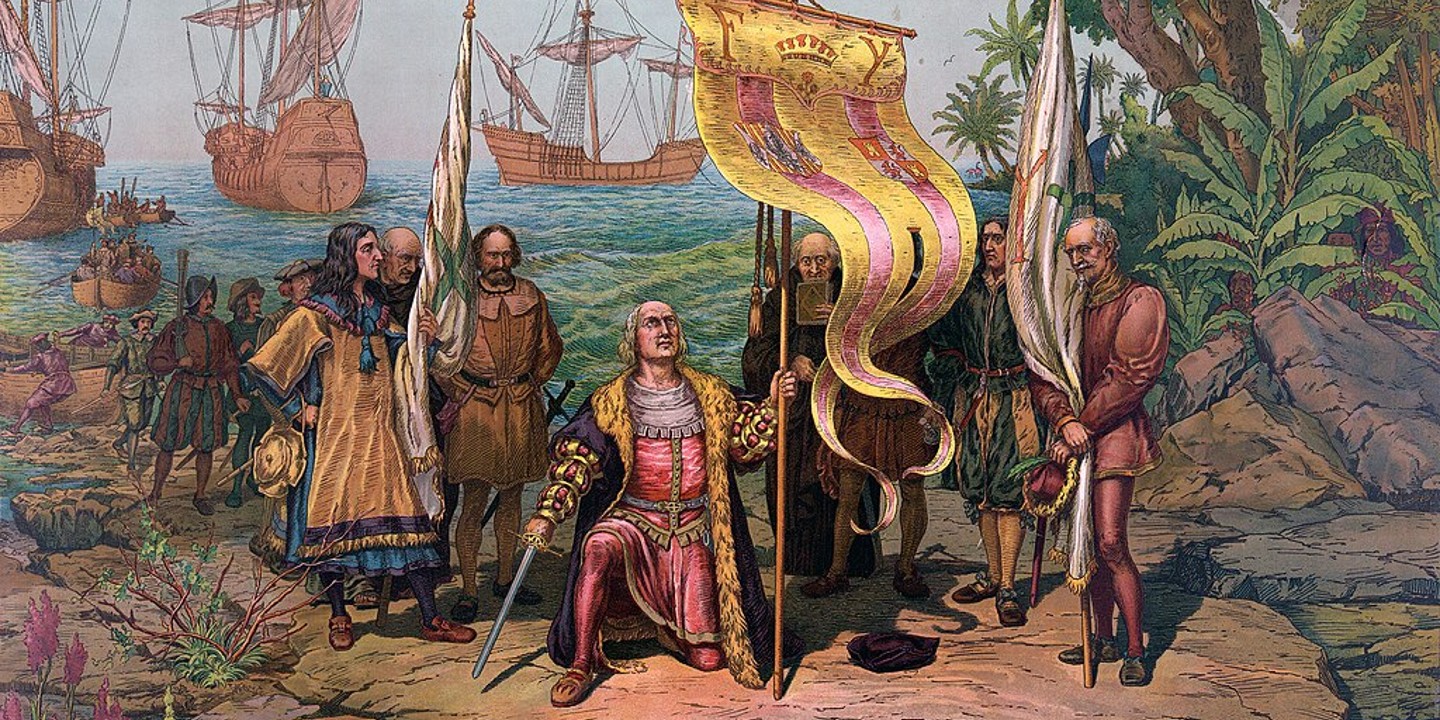
20 Lesser-Known Facts About Christopher Columbus You Don't Learn In…
In 1492, He Sailed The Ocean Blue. Christopher Columbus is…
By Emilie Richardson-Dupuis Oct 9, 2024
20 Historical Landmarks That Have The Craziest Conspiracy Theories
Unsolved Mysteries Of Ancient Places . When there's not enough evidence…
By Megan Wickens Oct 9, 2024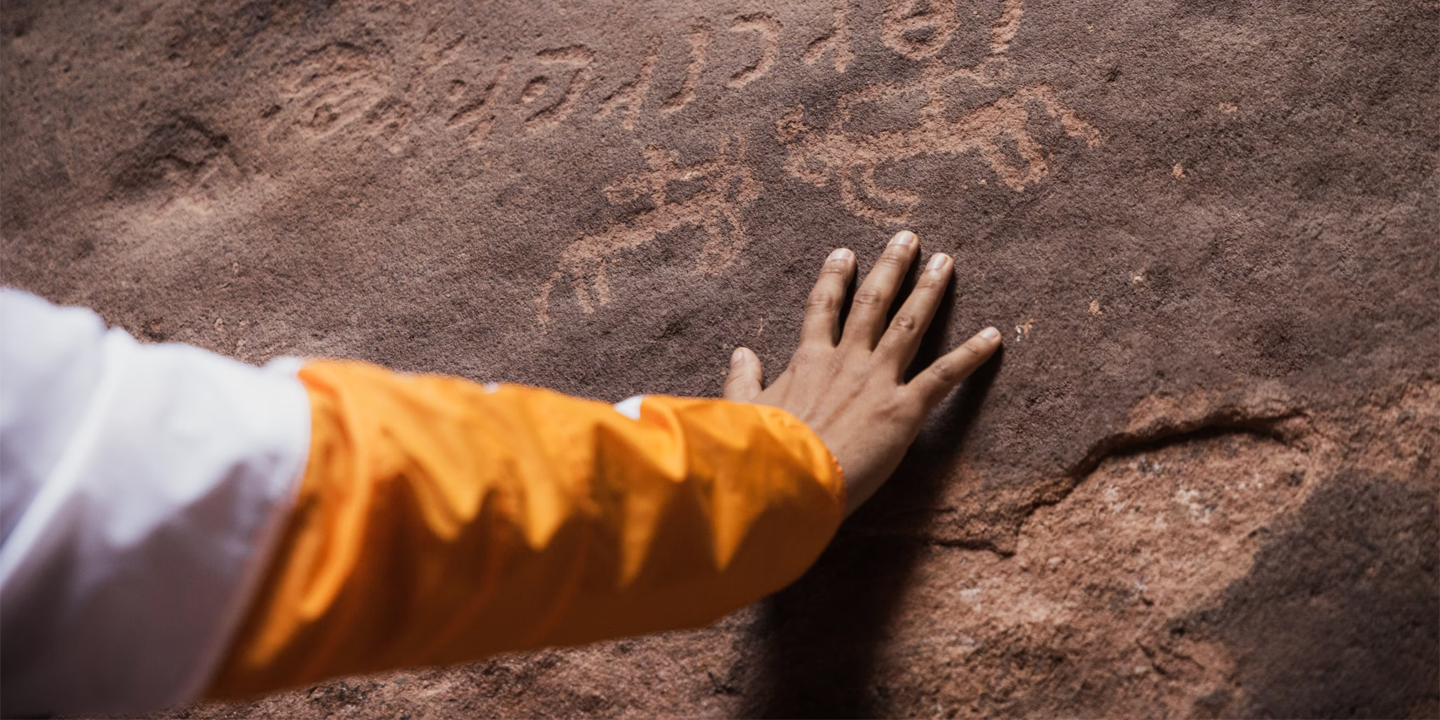
The 20 Craziest Inventions & Discoveries Made During Ancient Times
Crazy Ancient Inventions . While we're busy making big advancements in…
By Cathy Liu Oct 9, 2024


